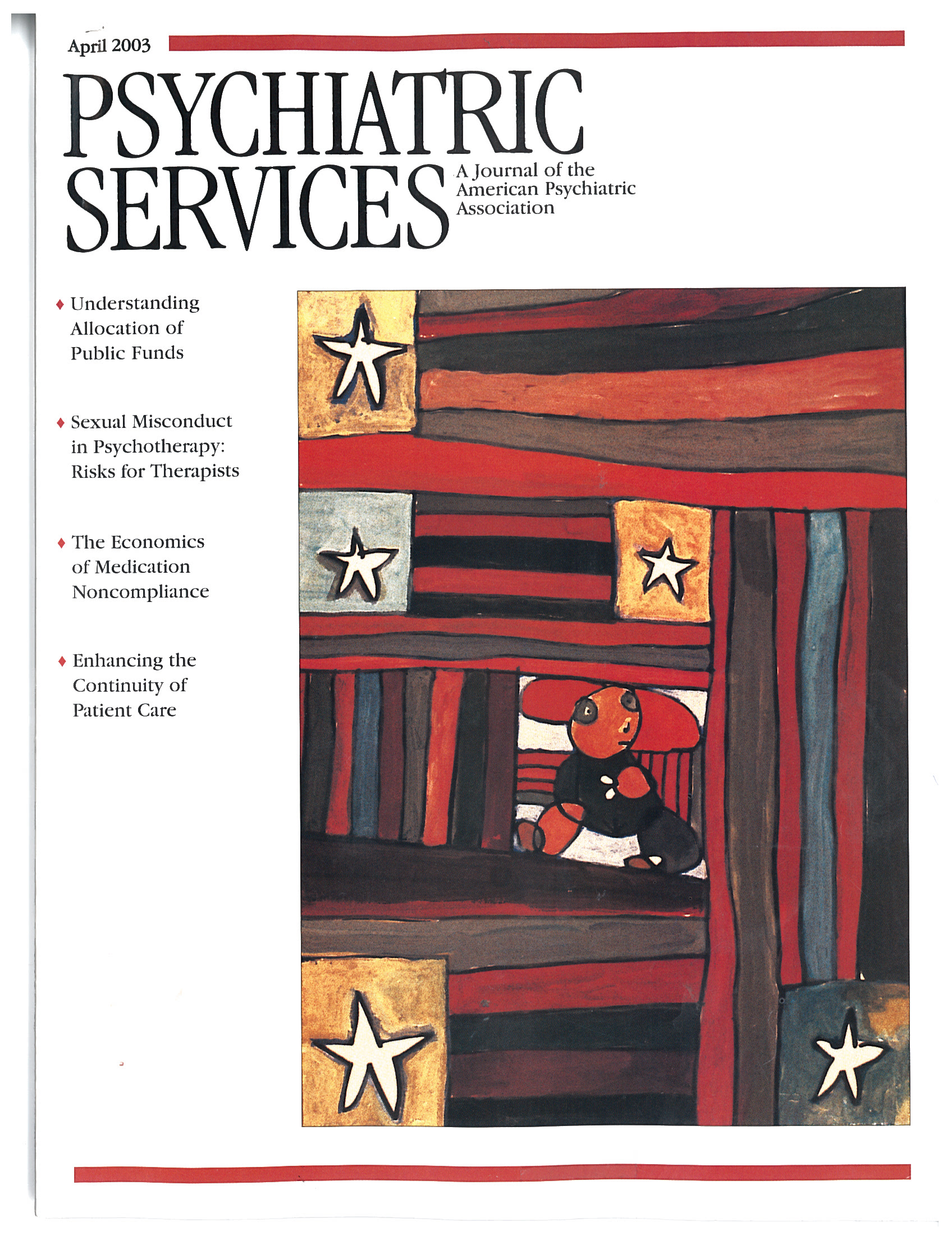The First Session With Children and Adolescents: Conducting a Comprehensive Mental Health Evaluation
Dr. Alvin E. House, a clinical psychologist, is associate professor of psychology at Illinois State University, where he teaches assessment, diagnosis, and psychopathology. His book is based on more than 25 years of conducting psychological evaluations as a consultant in medical, vocational, educational, and forensic settings. Experience and clinical wisdom are evident in many of House's comments and interview transcriptions, one or two or which are outstanding. Overall, however, I found the book disappointing. Its focus was too broad.
The title The First Session With Children and Adolescents suggests a useful clinical handbook on initial interviews with children and adolescents. Indeed, in his first paragraph House writes: "A child is waiting in your reception room … waiting to speak to you. How do you begin learning about this other person, his or her life and difficulties, and what you might be able to offer?" However, the subtitle is Conducting a Comprehensive Mental Health Evaluation. Although I think that combining in one book descriptions of initial interviews and descriptions of problems leading to decision trees of differential diagnoses and treatment choices that cover all of child and adolescent psychiatry is an excellent approach for a major text, this comprehensive focus is far beyond what any one author—or group of authors—could possibly accomplish in some 250 pages of text.
Because of the burden of this impossible task, excellent nuggets of good interviewing technique and guiding principles are lost in a fragmented book that has neither a clear focus nor a clearly identified audience. The novice would not have an adequate frame of reference for the pearls. The trained professional would enjoy the well-selected vignettes but would not learn anything new.
Among the better nuggets are the interviews concerning suicide risk and the discussion of gaining the adolescent's trust about confidentiality. There is also an excellent discussion of adolescents' sensitivity to lack of candor.
Dr. House's consultative experience tilts his style to a more directive one than an open-ended one. He advises that interviewing procedures be replicable enough to constitute a diagnostic instrument, implying that straying too far from a protocol weakens the validity of one's observations. Although his interview transcriptions are good arguments for the success of his approach, the following quotation from a discussion of his insistence on interviewing even young children alone raises some misgivings about his rigidity: "Although I often tolerate variation in my preferred practice to increase the sense of security or comfort of a child, I usually do not do so just to humor a parent."
Despite some differences in bias between the author and myself, I think Dr. House would do a service for the field if he would rewrite his book tightly focused as a clinical manual on initial interviews with children and adolescents. Believing, as I do, that the blending of protocol and clinical challenge is best provided through supervision, I think such a book would be a helpful guide to both trainee and supervisor in the vital task of mastering the challenge of the critical first meetings with troubled and problematic youngsters.
Dr. Gair is professor of psychiatry in the department of child and adolescent psychiatry at Boston University School of Medicine.



